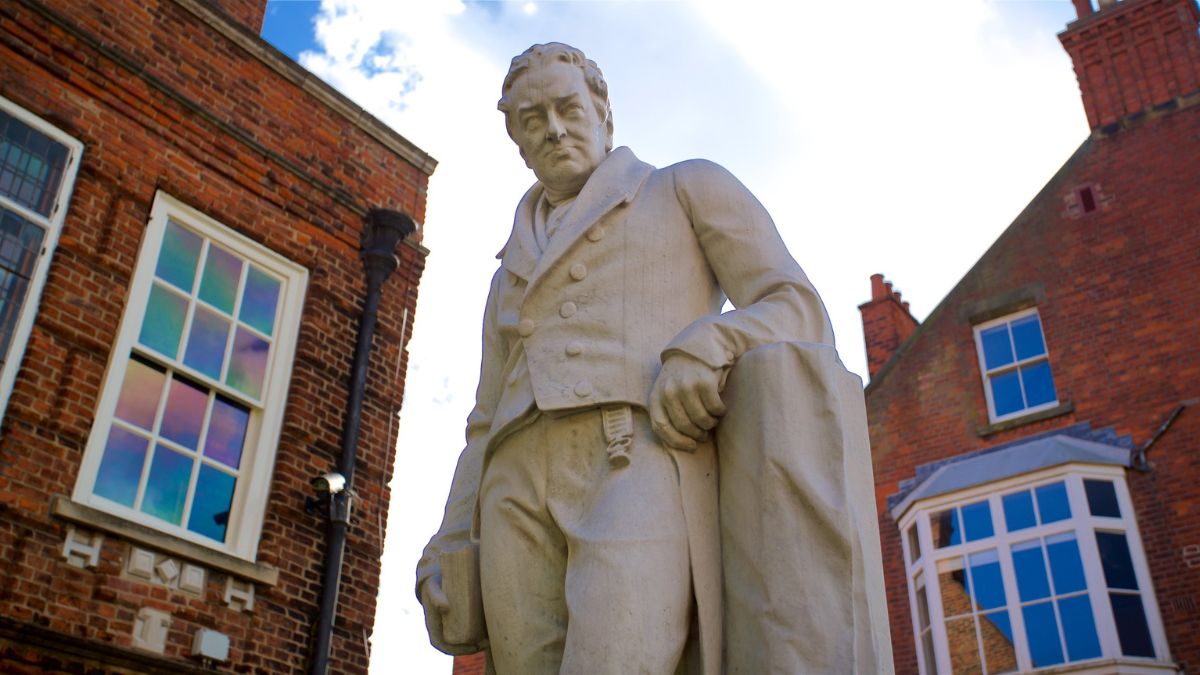

BreakPoint
At What Price
In the beginning of each human life there are two cells, then four, then eight—multiplying right up to adulthood in a continuous process. But recently a government panel stood astride that process and drew a thick, black line putting the embryo in a lower category from the rest of life. Until a human embryo is 14 days old, the panel said, it can be subject to a host of scientific experiments—at taxpayer expense. The recommendation was issued by the National Institutes of Health—the NIH—and would reverse a 15-year ban on federal funding of human embryo research. Today embryo research is conducted in privately funded fertility clinics. But the new recommendations would permit government-funded research to go far beyond that: to create embryos in the laboratory for no purpose other than conducting experiments on them and then destroying them. The panel's recommendations are presented in the highest moral tone. They speak of concern for the "appropriateness" of certain experiments, of strict "guidelines," and of "moral considerations." But the panel's real considerations turn out to be purely utilitarian: a crass calculation of risks and benefits. The report waxes eloquent about all the benefits that will accrue from human embryo research: from improving infertility treatments to diagnosing lethal diseases, designing new contraceptives, and even understanding cancer. The only negative factor noted is that many Americans harbor what one panel member called "deep apprehensions" about human embryo research. Yet the panel never addresses the genuine moral concerns that underlie those "apprehensions." The truth is that the way we treat the human embryo is a microcosm of the way we treat human life itself. As bioethicist Nigel Cameron puts it in his book The New Medicine, we must start by asking, "What kind of being is the human embryo?" And the answer is obvious: It's a human being at its earliest stages of development. When human beings reproduce, they reproduce themselves. In short, Cameron concludes, the human embryo is "the same kind of being as I am and you are. It is . . . one of us." Therefore whatever our society permits in embryo research reveals our view of what it means to be human. This explains why a host of social commentators has risen up in horror over the NIH recommendations. Even the liberal Washington Post editorialized that "the creation of human embryos specifically for research that will destroy them is unconscionable." There's something about the deliberate creation and destruction of human life for purely utilitarian purposes that strikes everyone as wrong. We ought to speak out loud and clear to tell the government that it has no business using our tax dollars to fund these unethical experiments. The most frightening thing is that once laboratories start conducting the experiments—and once the medical benefits start rolling in—eventually public opinion will come to accept it. That's why you and I need to start now, teaching in our own homes and churches the full dignity of the human being. Even when that human being is only two cells, four cells, or eight cells.
01/5/95















